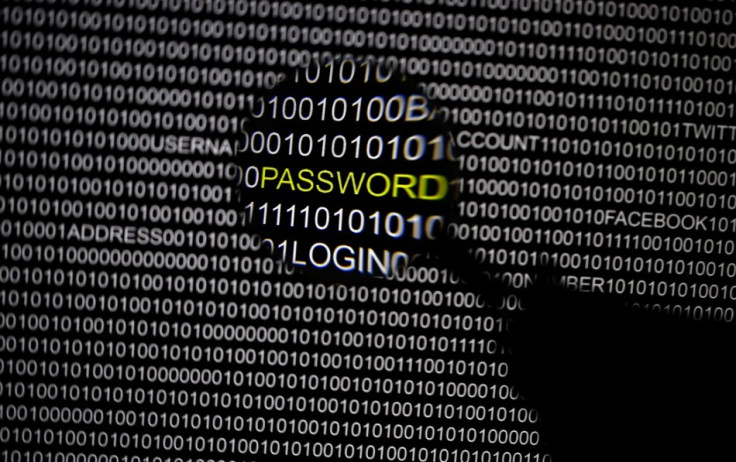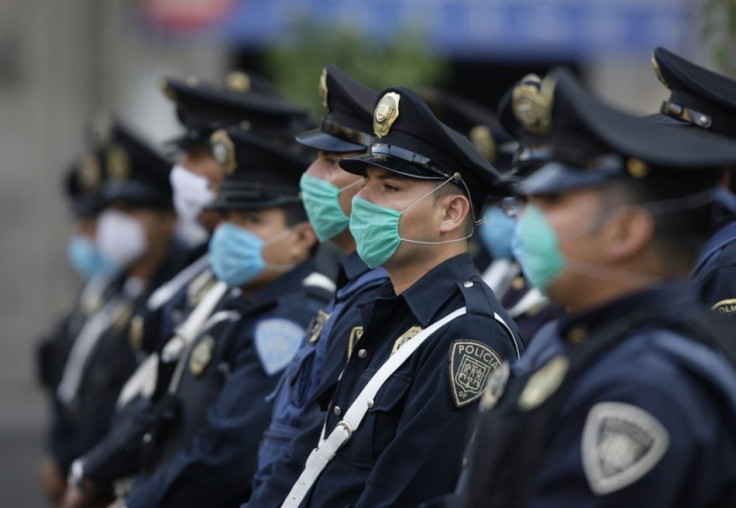Doomsday List for Apocalypse: Bioterrorism, Cyber-Attacks and Hostile Computers Threaten Mankind
Royal Society lists greatest threats that could spell extinction of humanity

A group of British scientists and leading scholars are preparing a "doomsday list" of events that have the potential to lead to the extinction of mankind.
The Cambridge Centre for the Study of Existential Risk (CSER) was set up as a joint initiative to assess "extinction-level risks to our species".
Its members include Jaan Tallinn, the co-founder of Skype, Lord Rees, astronomer and former president of the Royal Society, Cambridge philosopher Huw Price and cosmologist Stephen Hawking.
The group aims to present the public and world leaders with a list of disasters that have the potential to end life as we know it.
Speaking at the British Science Festival in Newcastle, Lord Rees said it is essential politicians are armed with the best possible advice on what to do if low-risk scenarios, such as global pandemics, take place.
He said that while nuclear war has posed the biggest threat over the last century, other man-made threats are becoming increasingly dangerous.
Lord Rees said new risks include deadly bioterrorist attacks, cyberattacks on essential infrastructure and intelligent computers turning hostile.
"Those of us fortunate enough to live in the developed world fret too much about minor hazards of everyday life: improbable air crashes, carcinogens in food, low radiation doses, and so forth," he said.

"But we are less secure than we think. It seems to me that our political masters, should worry far more about scenarios that have thankfully not yet happened - events that could arise as unexpectedly as the 2008 financial crisis, but which could cause worldwide disruption."
David Spiegelhalter, from Cambridge University, said an increasing reliance on technology is making society more vulnerable: "We use interconnected systems for everything from power, to food supply and banking, which means there can be real trouble if things go wrong or they are sabotaged.
"In a modern, efficient world, we no longer stockpile food. If the supply is disrupted for any reason, it would take about 48-hours before it runs out and riots begin.
"Energy security is also an issue, as we import much of our fuel from abroad, so a conflict over resources in the future is possible."
Lord Rees the group plans to investigate these risks: "In future decades, events with low probability but catastrophic consequences may loom high on the political agenda.
"That's why some of us in Cambridge - both natural and social scientists - plan, with colleagues at Oxford and elsewhere, to inaugurate a research programme to compile a more complete register of these existential risks, and to assess how to enhance resilience against the more credible ones."
© Copyright IBTimes 2025. All rights reserved.























